North-east research could protect families with dying children from becoming embroiled in months-long legal battles.
The Robert Gordon University project comes after a number of high-profile cases in England involving Charlie Gard, Alfie Evans and Archie Battersbee.
In April, 12-year-old Archie suffered brainstem death, and a lengthy legal challenge was lodged regarding his care.
He died in August after courts ruled it would be in his best interests to withdraw his life support.
There’s never been a similar escalation of a case in Scotland.
And experts want to see if there are certain “dispute resolution” methods that could prevent this from ever happening.
‘Families are desperate to look for any other option’
The end-of-life research is being led by Dr Sarah Sivers, the academic strategic lead of RGU’s law school.
Funded by the NHS Grampian Endowment Fund, it also involves experts from Aberdeen University and Royal Aberdeen Children’s Hospital.
Over the next eight months, they’ll speak to parents, carers and health workers who look after children with life-limiting conditions.
From there, they’ll determine the best options for such situations.
Dr Sivers said: “Tensions tend to arise in the tragic circumstance when a child’s medical condition has reached a point where there are no longer any treatment options capable of improving their condition, and where death is sadly inevitable.
“Families are, entirely understandably, desperate to look for any other possible option.
“However, healthcare professionals are faced with a situation where the only appropriate medical decision is to move to end-of-life palliative care.”
Help during ‘extremely challenging’ talks
If families and health boards can’t agree, the courts look at all aspects of a child’s interests to come to a decision.
Judges in some of these cases have explicitly called for mediation to try and resolve their disputes at an earlier stage.
Dr Sivers hopes the research can create a “local resource” to reduce the chances of a case needing court involvement.
She added: “We anticipate the research to have an impact on all those involved in decision-making about the care of children at such a difficult time.
“It will help families and healthcare staff during extremely challenging conversations throughout Scotland”.
And Professor Steve Turner, a consultant at Royal Aberdeen Children’s Hospital, said: “We’re sure [this] will benefit families and healthcare professionals both locally and further afield.”
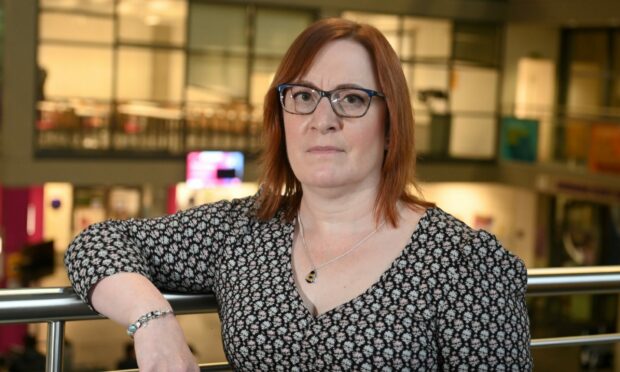
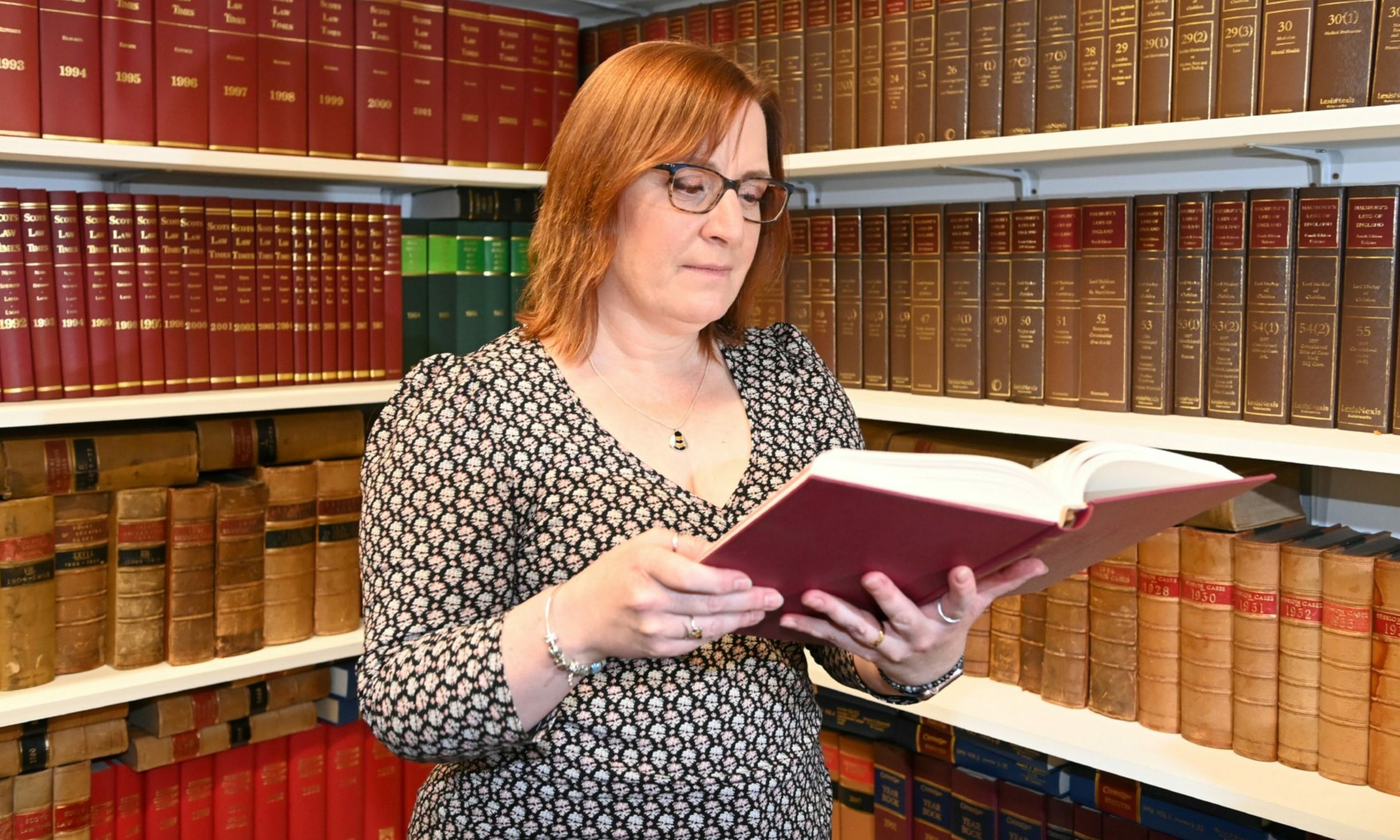


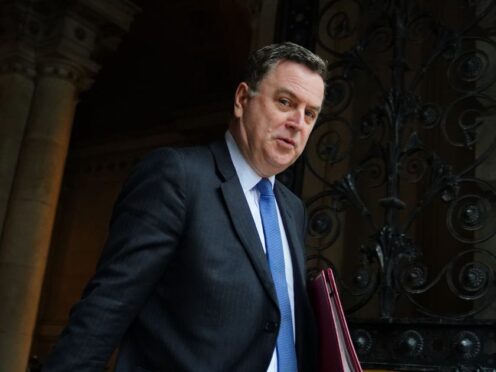
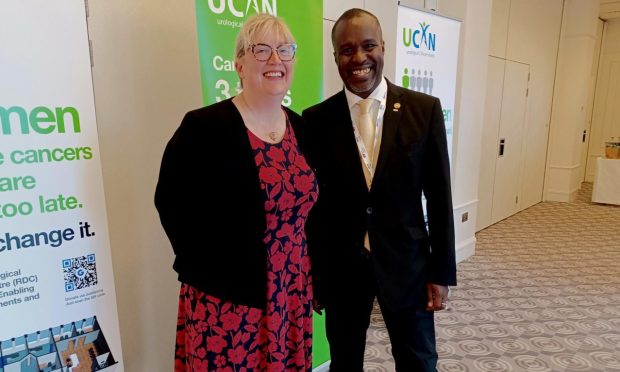


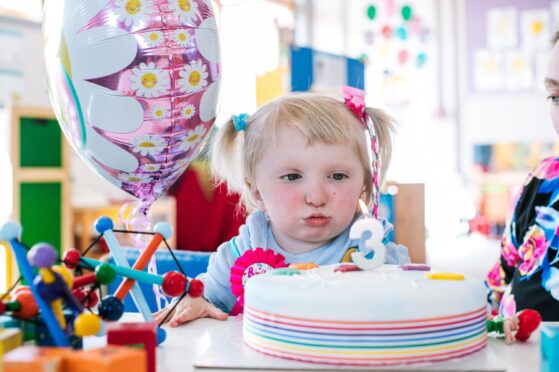
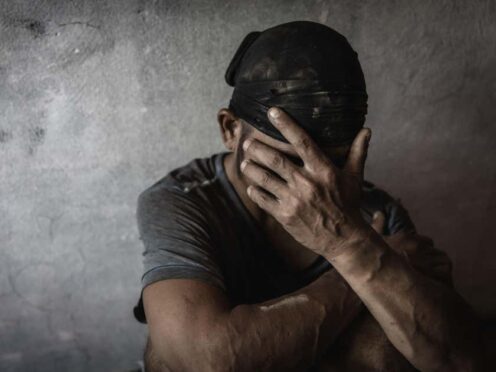
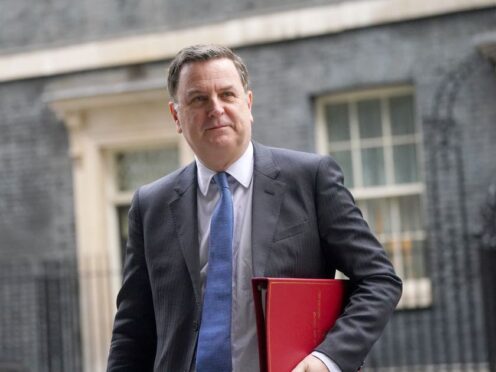

Conversation